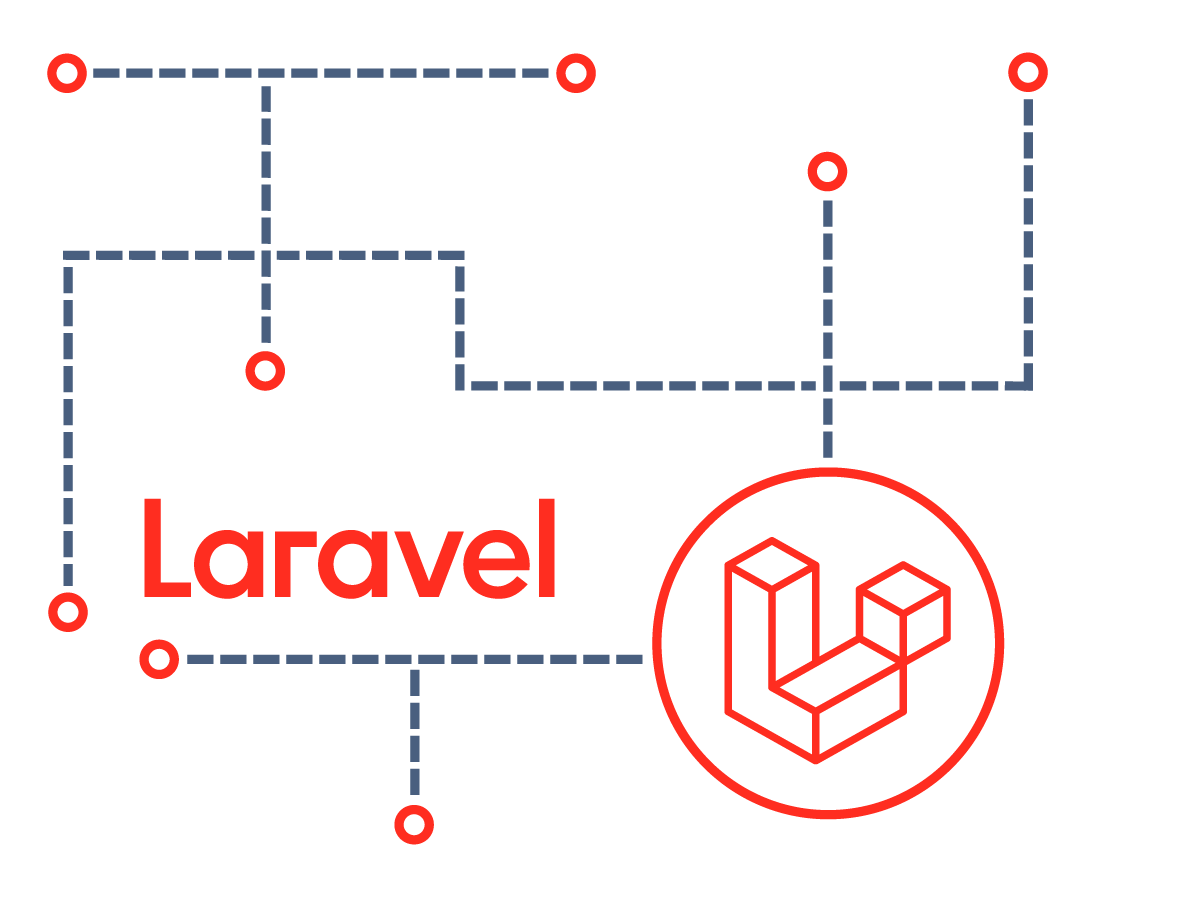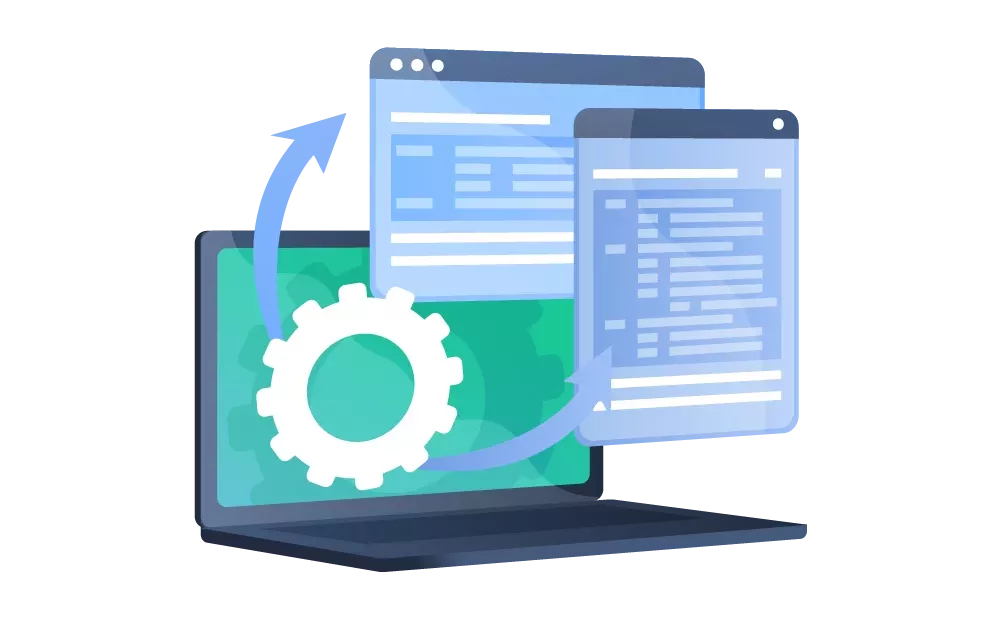What Laravel Is Used For
Laravel is especially used for web-based software development and is a so-called framework. What a framework like Laravel offers and how it is used, we show with a few examples in this article.

Laravel is a well-known name in the world of web development since 2011. It is a so-called framework, which is mainly designed for the development of web-based software. Laravel is open source and available under the MIT license - which means that it can be used completely free of charge for private and commercial projects.
Okay, but first of all, what is a framework anyway? #
Typically, a framework provides a certain amount of structure and offers many functions that are needed in most applications. But the framework itself is not an application - it does not do anything on its own. Yet it is precisely this basic framework that significantly reduces the development effort for custom applications.
Laravel provides functions such as routing, middlewares and controller, with which requests and responses, for example in a REST API, can be processed easily and efficiently. Laravel also includes functions for authentication and authorization - so that login and authorization requirements can be covered quickly and easily. With the included ORM, query builder and support for 5 databases, working with and storing data is quite easy. The list of features is even longer and includes functions for file storage, cache, translations, e-mails and notifications.
All these functions are provided in a way that allows us as developers to tailor them to the needs of our clients. A bit like Lego. We can take individual building blocks and assemble them according to our wishes and requirements.
Another advantage of a framework like Laravel is that it helps to make the programmed applications more maintainable and extendable. And also in the event that other developers take over the development of the application, the framework offers the advantage that the structure is largely uniform and well documented by the framework. This is making maintainability and further development by others possible at any time.
All right. But, what is Laravel used for? #
Laravel is suitable as a basis for a wide range of applications. However, the focus is of course on web-based applications. This means that especially projects like data-driven websites, web apps, web portals or interfaces can benefit from Laravel and its features. Basically, all applications in which specific requirements, workflows and processes have to be guaranteed.
A specific example of a website or portal that is data-driven would be a platform for price comparison. Such an application would regularly query a given set of websites or interfaces (e.g., supermarkets) for current products and prices, store them in a database, and then display to visitors prices and price histories as well as price comparisons of an item across different supermarkets. For such an application, Laravel could support, for example, with functions for background tasks (queues), task scheduling, web page templates (views and templates) as well as database management and connection (ORM, query builder and migrations).
Another example where Laravel is used is for interfaces or APIs. Think, for example, of a time and attendance recording system that is to be operated via website, app as well as via physical time stamps. For this, they need an interface that allows the various clients to interact with the system. For such an interface, Laravel can provide, for example, functions for login and authorization (authentication and authorization), processing requests (requests, routing, middleware and controller) or sending emails and notifications (emails, notifications).
Of course, the above examples only serve to illustrate use cases of Laravel or frameworks in general. Typically, (web) applications contain much more complexity in the form of rules, requirements and constraints. However, we would like to emphasize that Laravel or frameworks in general support many aspects of a custom project and can significantly speed up development.
Laravel at bitperfect #
Of course, the above examples only serve to illustrate use cases of Laravel or frameworks in general. Typically, (web) applications contain much more complexity in the form of rules, requirements and constraints. However, we would like to show with these examples that Laravel or frameworks in general support many aspects of a custom project and can significantly speed up development.
At bitperfect, we use Laravel in some of our data-driven client projects, which gives us the advantage of better, more customized results and an efficient process.
Not sure yet if Laravel is the right tool for your software project? Contact us for a free initial consultation, we will be happy to support you with our expertise.


 Michaela Mathis
Michaela Mathis



